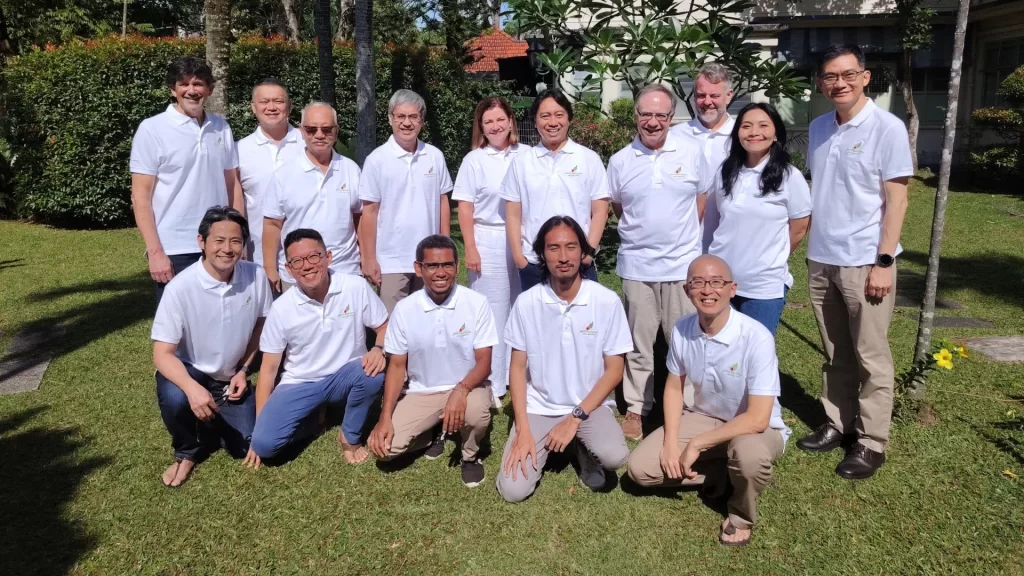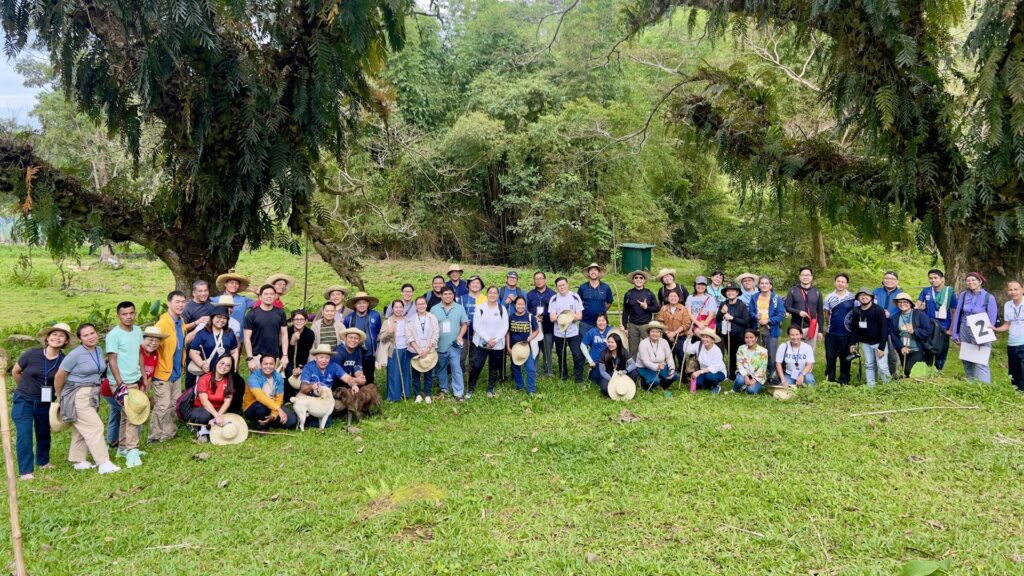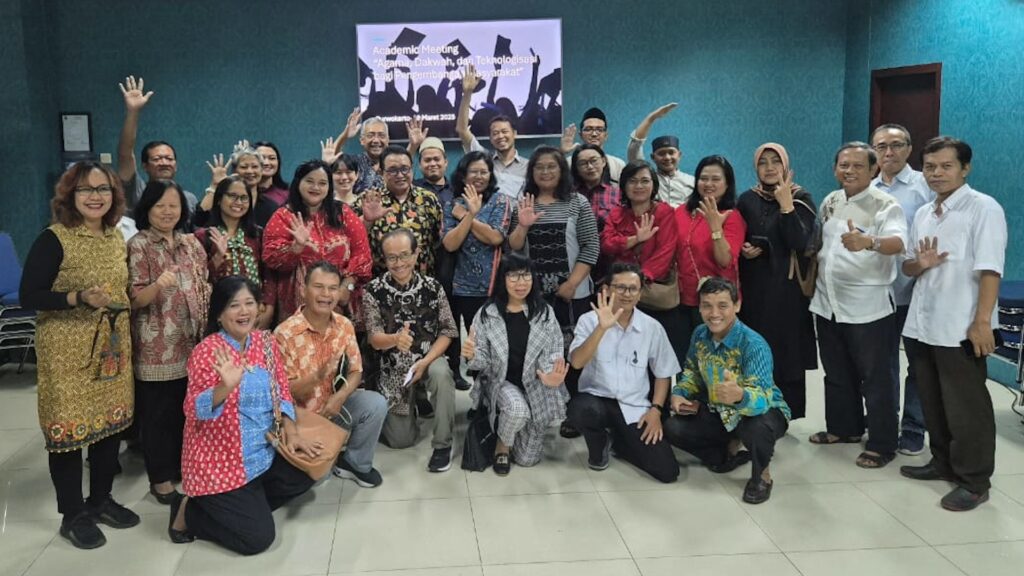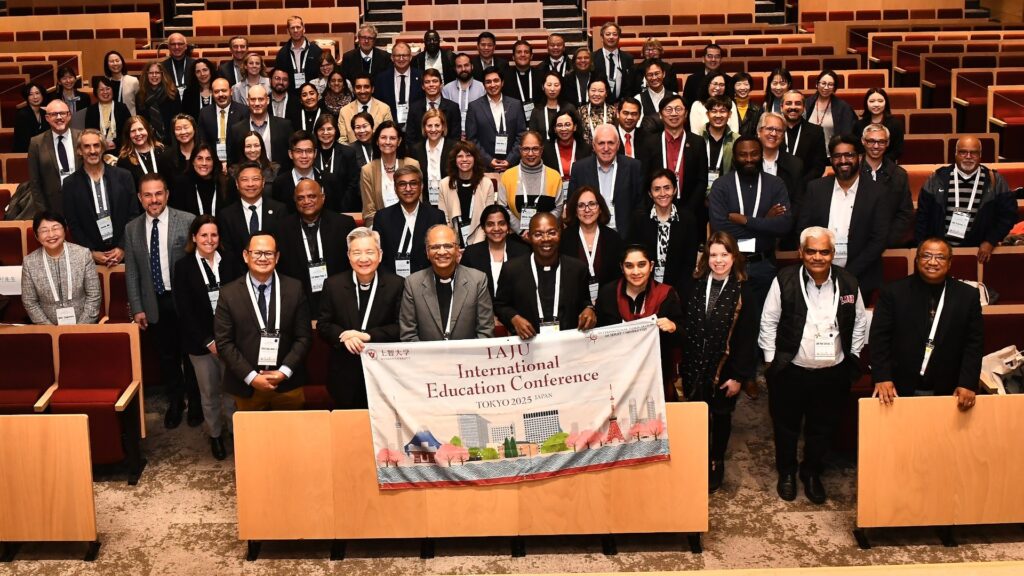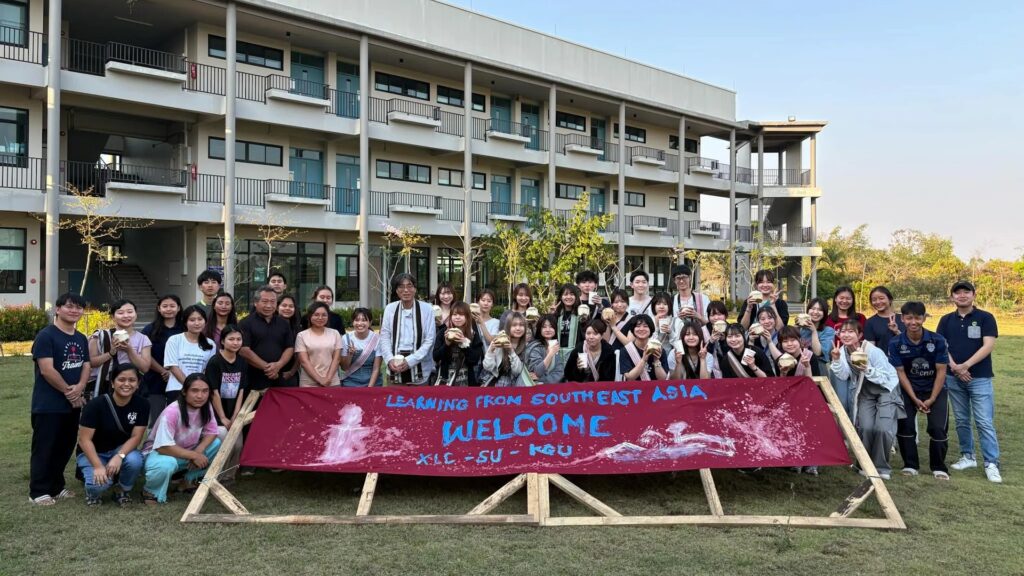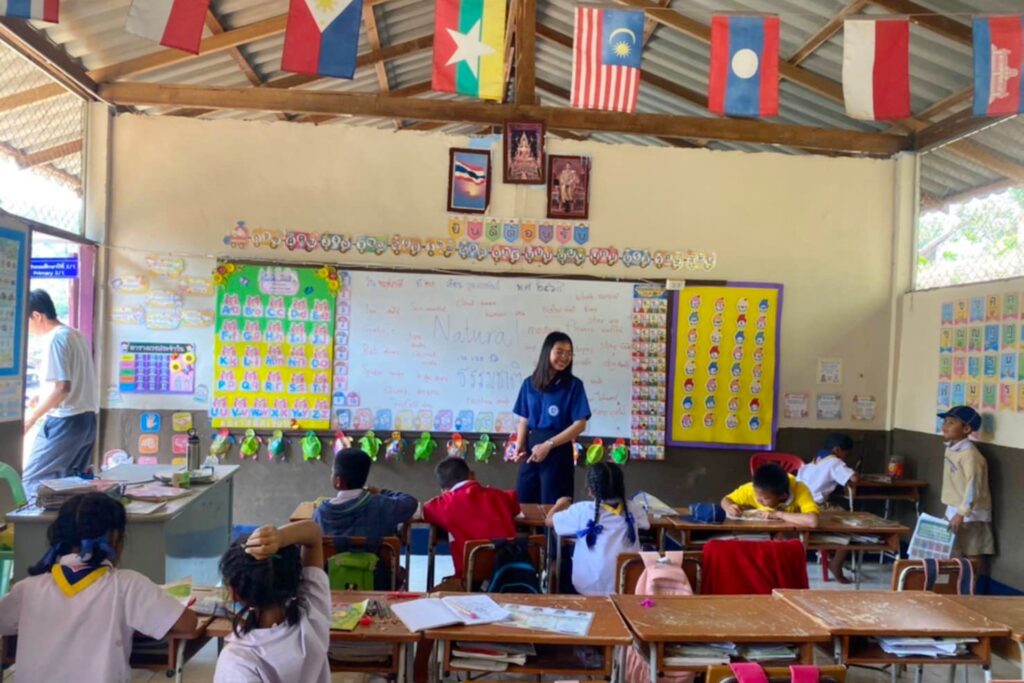A forum entitled Theological Views on Religions and Cultures by jointly held by Ateneo de Manila University’s Loyola School of Theology and Heythrop College’s Centre for Christianity and Interreligious Dialogue in Manila from July 21 to 23, 2011. Br. Bernard Falzon mssp provides an account of the three-day event.
The month of July saw the Loyola School of Theology community teaming up with the Centre for Christianity and Inter-religious Dialogue of Heythrop College in London for three days of theological reflection on religions and cultures.
The three-day forum, held at the Loyola School of Theology, invited students and professors to reflect upon their outlook on religions and cultures, and how this understanding ultimately shapes our being Church. Among the guests at the forum were representatives of different theological centres in Asia as well as members of the Philippine Association of Catholic Missiologists. In total, about 250 people attended the talks.
The first keynote speaker was Dr Martin Ganeri OP, a lecturer in Theology at Blackfriars Hall and director of the Centre for Christianity and Inter-religious Dialogue. FrGanerireflected on how the Thomistic or Scholastic approach to theology might help in promoting the threefold dialogue presented by the Federation of Asian Bishops’ Conferences (FABC); namely a dialogue with Asia’s cultures, religions and its poor. In doing so, Fr Ganerimade use of the Johannine image – the turning of water into wine, an image used by Aquinas in describing the relationship of theology and philosophy highlighting both continuity and transformation.
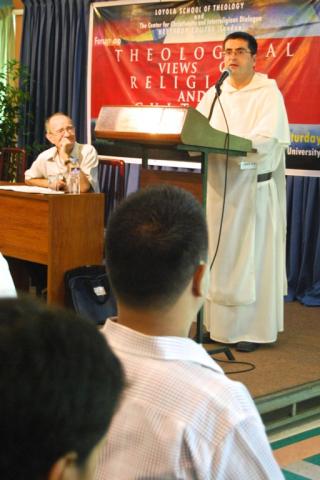
Fr Gianni Criveller, an Italian priest of the Pontifical Institute of Foreign Missions (PIME) led the participants through some of the many challenges encountered by Matteo Ricci and his Jesuit companions in the astounding endeavour to inculturate the faith in China – a matter deemed as one of great importance. FrCrivellernoted that, despite their scientific capabilities, their missionary methods did not always deliver the results they had hoped for. He described how they learnt from friends, from experience and from accidents as they pursued the systematic study of Chinese culture and religions.
The second day of the forum saw presentations from two professors from LST. Fr James Kroeger MM, a professor of Systematic Theology and Missiology, presented an “Asian Dialogue Decalogue” consisting of 10 practical insights into inter-religious dialogue as articulated by the FABC throughout its 40 years of existence. FrKroegernoted how the FABC promotes an attitude of dialogue with Asia’s great religions as “significant and positive elements in the economy of God’s design of salvation”. The absolute first dialogue that needs to take place, according to the Asian Bishops, is a “Dialogue of life”, or what FrKroegercalls ‘Good Neighbourology’.
Fr Manoling Francisco SJ, Professor of Fundamental Theology, concluded the morning session by looking at how different approaches to religion impact inter-religious dialogue. He argued that when in dialogue with the culturally or religiously other, although we might be talking about the same reality, we might ascribe different meanings to it. In approaching the others’ religious beliefs, we need therefore to be conscious of our own perspective. Fr Francisco explained how theologies of religion and philosophies of religion differ in their approach towards a study of religions, and how participatory knowledge is key for a comprehensive understanding of a particular religion.
The forum concluded with an opportunity for the invited professors, guests and LST professors to expound on the papers presented in the forum while sharing further comments and insights.
Read Fr James H. Kroeger’s paper “An Asian Dialogue Decalogue”.
Photos by: Sch. Anthony Coloma,SJ

